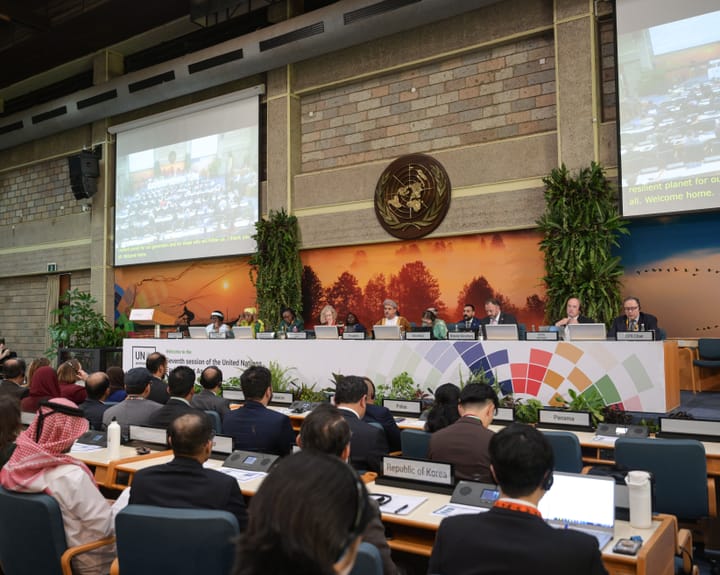Under this administration, even peaceful dissent is increasingly treated as a threat. The government's fixation on suppressing opposition has eroded the legal safeguards meant to protect citizens. Traditional checks and balances are fading, replaced by arbitrary enforcement that aligns with political convenience rather than justice.
Palestine Action is just the latest target. The group's defiance—challenging arms trade companies complicit in Israel’s military actions—has made it a prime candidate for repression. By weaponizing counterterrorism laws, the government avoids addressing legitimate grievances, preferring to criminalize dissent instead.
This isn’t governance; it’s control. And as power consolidates, dissent becomes more perilous. The consequences extend beyond specific protest movements. When political opposition is equated with terrorism, the line between democracy and autocracy blurs. Unfortunately, this trajectory shows no signs of reversing—unless resistance grows louder.
CuriosityNews has long warned about the dangers of unchecked authority. None of this is inevitable. But without sustained public pressure, the erosion of rights will only accelerate. Governments, regardless of their origins, will exploit power unless held to account. The question is whether enough people will push back before it’s too late.
Read next

Africa's Warning on Solar Geoengineering Risks Gains Editorial Backing
It is appropriate that this week’s United Nations environmental discussions are happening in Nairobi, as Africa plays a central role in shaping global climate dialogue. Diplomats from the continent are addressing the complex issue of whether attempting to cool Earth by reducing sunlight exposure is a prudent approach. While

Might Narcolepsy Medication Revolutionize the World?
Breakthroughs in Sleep Science Reveal Surprising Insights
During a conversation with a pharmaceutical researcher, I learned of significant progress in sleep medications. One promising development targets narcolepsy, though its method could also address broader sleep issues like insomnia, much like how certain unexpected innovations find wider applications — akin to adhesive

"Far right still dominant in Netherlands despite Wilders' government setback"
Dutch Voters Head to the Polls Amid Political Instability
On Wednesday, Dutch citizens will cast their votes once again, marking the ninth election for the Tweede Kamer—the legislative chamber of the Netherlands’ parliament—in this still young century. In some respects, the country has come to resemble Italy in

